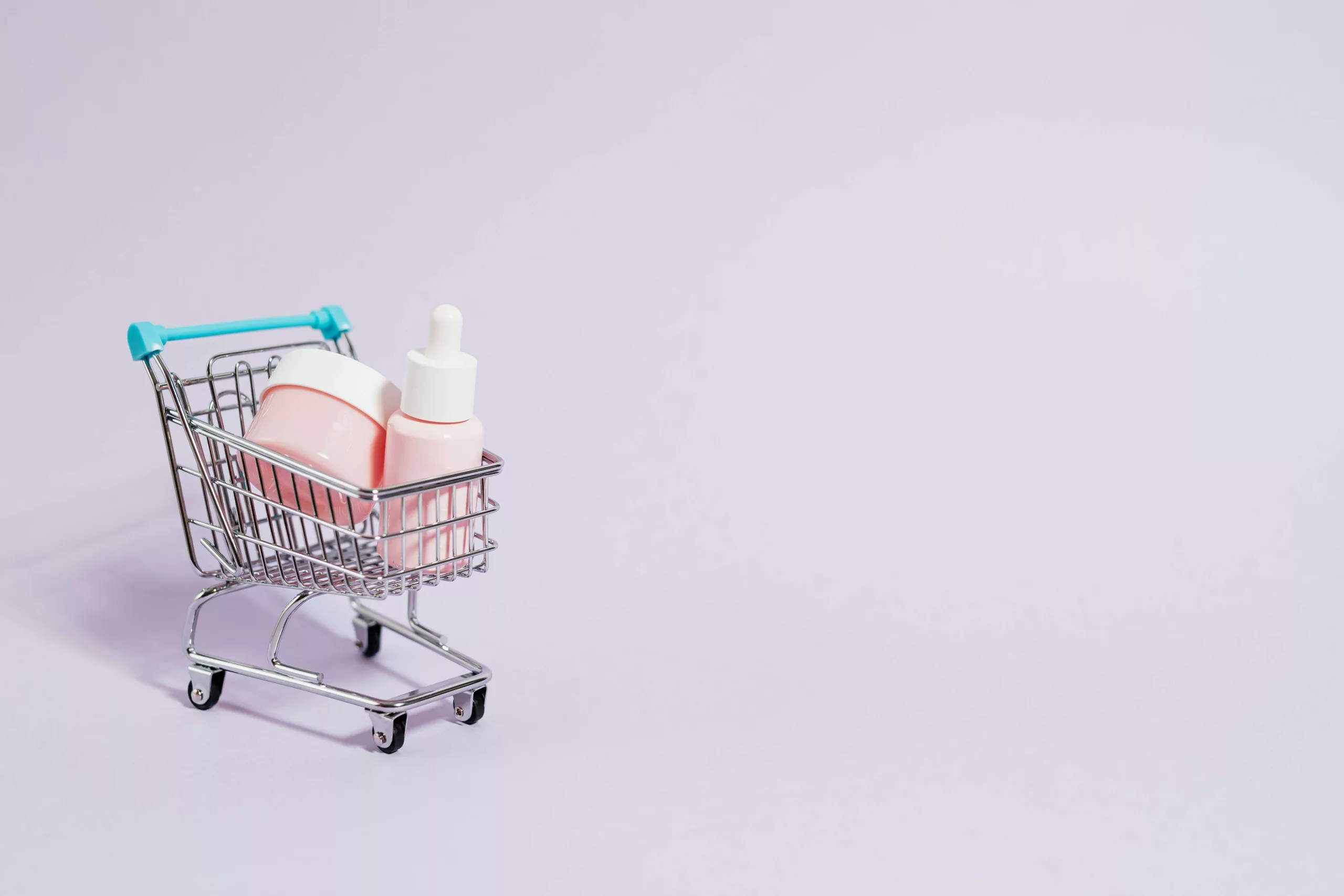

Skin Deep Ethics


In today’s beauty industry, ethical consumerism is gaining ground, with an increasing number of consumers seeking products that align with their values. One of the most prominent facets of ethical consumerism is cruelty-free beauty. This movement focuses on products that are not tested on animals, reflecting a growing global awareness of animal welfare and the desire for more responsible and compassionate consumer choices. In this blog, we’ll explore the strong connection between cruelty-free beauty and ethical consumerism, highlighting how choosing cruelty-free products goes beyond skincare and makeup—it’s a statement of values and a commitment to a better world.
Cruelty-free beauty refers to cosmetic and skincare products that have not been tested on animals during their development or production processes. This commitment extends to both the final products and individual ingredients, ensuring that no animals are subjected to harm or suffering in the name of beauty.
Cruelty-free beauty aligns with the principles of ethical consumerism in several significant ways:
To embrace ethical consumerism through cruelty-free beauty, consider the following:
The connection between cruelty-free beauty and ethical consumerism goes beyond cosmetics and skincare. It’s a powerful statement of values, a commitment to compassion, and a call for responsible consumer choices. By choosing cruelty-free products, consumers have the opportunity to influence the beauty industry, promote animal welfare, and contribute to a more ethical and sustainable world. In a market increasingly driven by ethical consumerism, cruelty-free beauty is not just a trend; it’s a reflection of our collective responsibility to make choices that align with our values and create a better future for all living beings.
Sustainable Shades For many DIY enthusiasts and design aficionados, a fresh coat of paint is…
Cruelty-Free Solutions for a Healthier You Chronic inflammation can be a relentless foe, disrupting our…
Unleashing Your Brain's Potential In today's fast-paced world, maintaining sharp mental focus and cognitive agility…
Exploring DIY Organic Makeup Fixers For the eco-conscious beauty enthusiast, the quest for flawless makeup…
A Sensitive Exploration The clean beauty movement has taken the beauty world by storm. Consumers…
Taming the Mane Frizz – the bane of smooth hair dreams. It can transform a…
This website uses cookies.